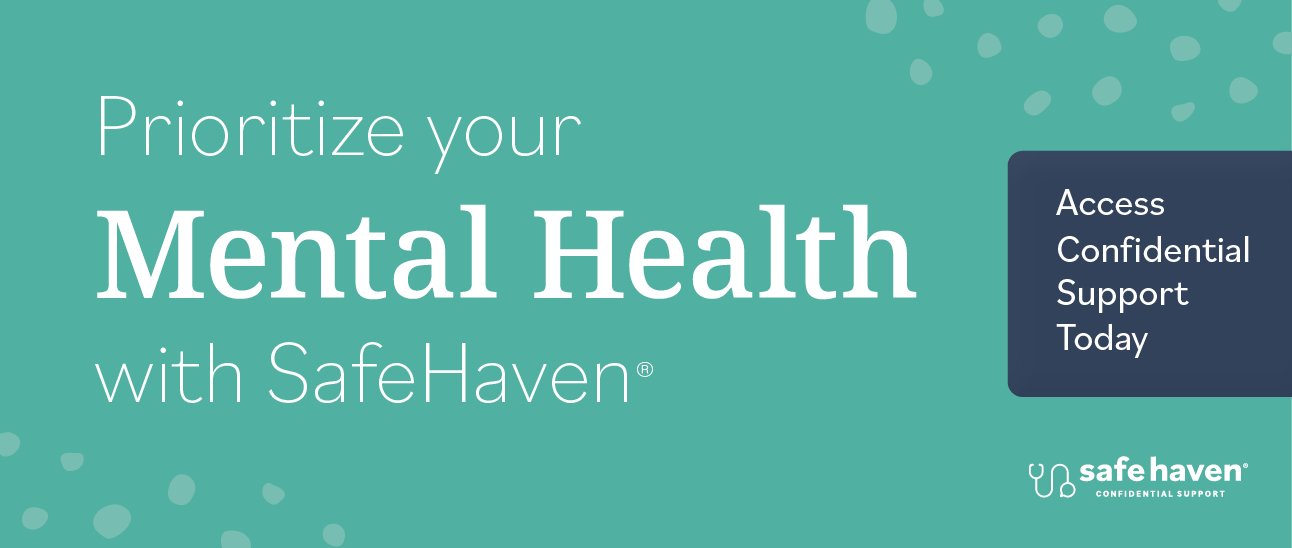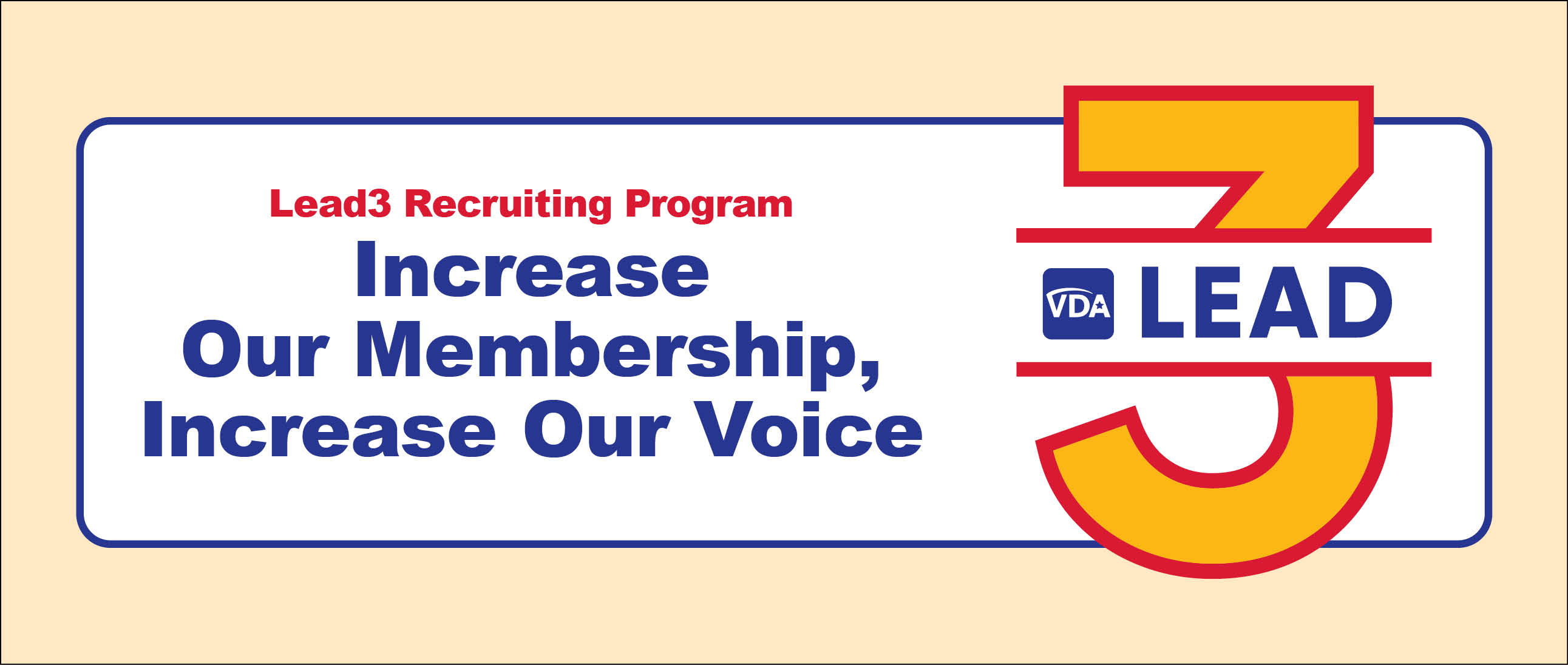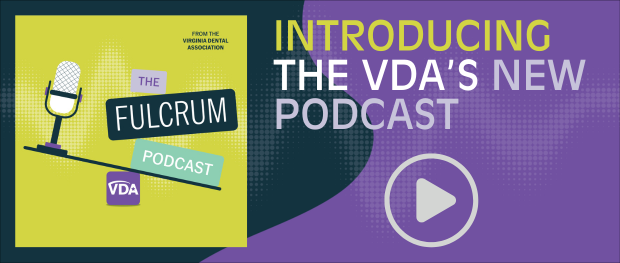
The Essential Search Engine Optimization Dictionary for Dentists
How well do you rank against your local competitors?
It can be extremely frustrating to Google your practice and see that you rank below a competitor. The truth is, their better rank likely has nothing to do with skills, bedside manner or customer service. It has to do with how well you both optimize your websites for search engines.
Like all niche fields of expertise, Search Engine Optimization (SEO) has its own vocabulary - which makes it impossible for the uninitiated to effectively navigate SEO. It’s especially difficult in SEO because everything seems to get minimized into acronyms.
If you don’t understand basic SEO acronyms and the underlying terms, the task of improving your ranking can seem pretty difficult.
Before we reveal and define the most commonly used terms in SEO, it’s important to know why optimizing your website for search engines is essential to your practice in the first place.
Why SEO Matters
While SEO has changed quite a bit over the past 10 years, the point of SEO is to “optimize” your site to ensure it has the best possible search engine ranking.
Even if you’re not actively seeking new patients, it’s important to be easily found online, as your current patients may be looking for your practice with an online search, instead of typing in your exact website address.
You probably know from personal experience that web users search for products, businesses and web pages they’re already familiar with. In many cases, a search engine gives you more useful information faster than the actual website of the business you’re looking for.
A Google search shows you right there, in the search window, all of the information you need, such as your practice’s address, directions, phone number, and reviews.
Today, more businesses recognize the importance of SEO. With more people optimizing and jostling for rank, it’s difficult to rank well without some kind of purposeful SEO strategy. If you’re not using any SEO strategy, you’re at an automatic disadvantage to any competitors who do.
It might seem unfair that a competitor can make a few small changes to their website and automatically get a better search result than your practice. However, Google and other search engines don’t know your practice. They rely on complex computer programs to make a guess about how your site should rank. Good SEO is about helping them find you.

Before you can do anything to improve your ranking, you have to understand some basic industry terms so you’ll feel comfortable knowing what steps to take next.
ProSites SEO Dictionary for Dentists
(I’ve put these terms in non-alphabetical linear order so you can understand them without having to skip back and forth.)
Google Algorithm: Every search engine has what they call an “algorithm” – which is really just a detailed and ever-changing set of rules and tests they use to validate and verify how well a site is optimized for search. Sites with click bait, bad links, and irrelevant content or obvious black hat techniques will not pass the algorithm’s tests. Algorithms really serve as stand-ins for the human user, trying to understand what users want so the search engine can display the most relevant and authentic search results.
White Hat/Black Hat: Just like in old cowboy movies, white hat SEO techniques are the good, proper SEO techniques that make a site well-suited to users who are likely to search for it. White hat techniques includes appropriate keyword tags, straightforward content, well-organized pages and a user-friendly sitemap. Conversely, black hat uses all kinds of tricks in an attempt to “fool” the algorithm into giving a site a better ranking than it should. Google and other search engines are constantly finding ways to punish black hat techniques – in some cases removing the offending site from search results entirely. So web masters who think they’ve “won” the SEO game with black hat, do so at their own risk.
Organic Listings: Showing up as a high-ranking organic listing is the gold standard for SEO. For one, it’s free. It also means the search engine thinks your site is one of the best results for the given search terms. How do they do it? Search engine algorithms look at a variety of factors to determine how good a site will be as a legitimate search result. Sites with good organic reach satisfy a variety of “reputation” metrics that algorithms look into, like linking between other reputable sites, social media presence, the overall content of the site, advertising, and original content.
Search Engine Results Page (SERP): It might seem obvious, but the end-result of a search after all of the algorithms, lists and matching is the list of sites that show up in a search engine when a user searches for specific terms. Search engines use somewhat complicated methods for displaying the results, but they mainly focus on matching specific search terms with sites that have good organic reach, or good paid reach.
Local Listings (7-Pack): Search engines display between 4-10 local businesses that best fit the search terms. The 7-pack shows the top closest, best ranked businesses that match.
Bounce Rate: The percentage of people who click on your site only to immediately hit the “back” button, returning to the search engine. It’s an action that tells the search engine your site was not what they were looking for. If your site has a high bounce-rate, it will hurt its page rank. Part of SEO is figuring out why your page causes bounces, and how to fix it so it doesn’t happen as often.
Keywords: Keywords are the individual words that make up a user’s search query. When the same keywords or keyword phrases are used in the content of your website as the search query, search engine algorithms may potentially rank your site well for the given query.
Crawlers/Robots: Search engines use specialized programs that surf web pages, make copies and bring them back to search engines to be analyzed and indexed by the algorithms. These crawlers or robots are always looking for changes to websites and those changes are what eventually get tested and listed by the algorithms. That’s the good news: if you fix your site’s problems, these robots will fairly quickly take notice.
Impressions: Search engines and SEO specialists use to focus heavily on clicks – but now clicks aren’t as important. You don’t always need someone to click on to another page, and clicks themselves don’t mean someone is taking any meaningful action. Now, how many users see a page or ad is a commonly used technique for measuring and accounting for web advertising.
This list is just an overview of some of the most basic and important terms in SEO. It gives you a starting point for what steps you need to take to improve your search engine ranking.
Familiarizing yourself with these terms will put you in a good place to do further research to start your own SEO campaigns – or give you enough understanding to start working with an SEO professional.
Written by: Lance McCollough, Founder and CEO of ProSites.
Endorsed by VDA Services, ProSites is a leading website design and Internet marketing company specializing in dental-practice marketing. ProSites offers easy and affordable website solutions to help dentists successfully market their practice online. VDA members get exclusive discounts on ProSites website set-up. For more information, please call 888-932-3644 or visit www.prosites.com.







